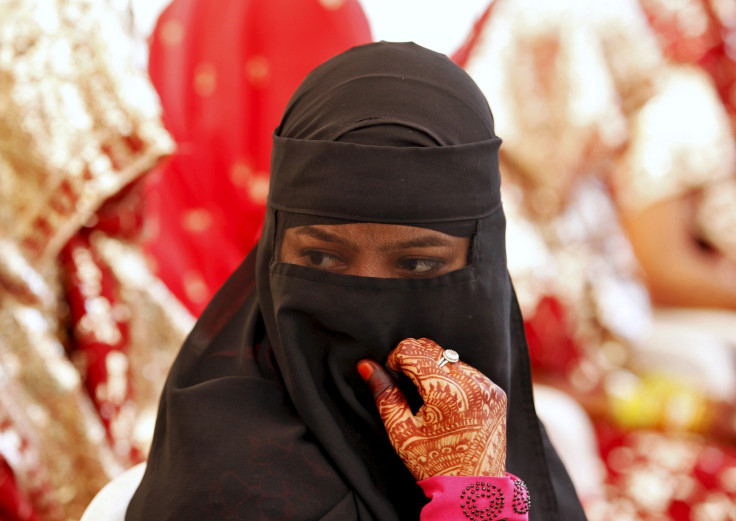Tunisia lifts decades-old ban on Muslim women marrying non-Muslim men
The change, led by President Beji Caid Essebsi, was met with strong condemnation and protest from Muslim clerics.

In a respite to the Muslim women living in Tunisia, the government on Thursday (14 September) announced the lifting of a decades-old ban prohibiting them from marrying non-Muslim men without mandatory conversion to Islam.
The move was, however, met with strong objection from Muslim clerics.
President Beji Caid Essebsi had reportedly called for the government to bring in the change to ensure equal rights to women in choosing their life partners. He argued that the change will be in accordance to the country's new constitution that came into force in 2014.
Under the existing rules, Muslim men in Tunisia were allowed to marry women from outside the religion without the woman having to undergo any conversion, but the same right did not apply to Muslim Tunisian women when they married non-Muslim men.
Essebsi had formed a commission, led by a woman lawyer and rights activists, for drafting revised rules. Based on the new rules, non-Muslim men wishing to marry a Tunisian woman would no more require to convert to Islam and provide the proof to clerics to solemnise their wedding.
"Congratulations to the women of Tunisia for the enshrinement of the right to the freedom to choose one's spouse," presidency spokeswoman Saida Garrach wrote on Facebook on Thursday.
However, the country's leading imams and theologians issued a statement denouncing the move and calling it a "flagrant violation of the precepts" of Islam, Al Jazeera reported.
The change reportedly came after years of demands from several human rights groups in the North African nation, which is believed to be ahead of other Arab countries that have discriminatory rules for their male and female citizens.
The first president of independent Tunisia, Habib Bourguiba, introduced a landmark social change in the country by bringing in social code in 1956 to ban polygamy and grant new rights to women that were unheard of in the Arab world at that time.
However, Tunisia still continues to have some discriminatory laws like the inheritance of parental property, in which daughters are entitled to only half of what a son inherits.
© Copyright IBTimes 2025. All rights reserved.





















